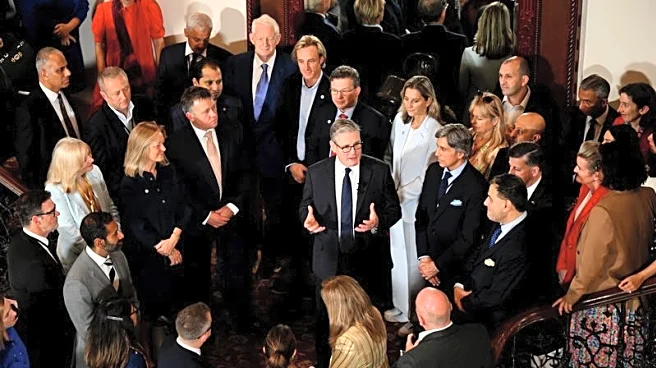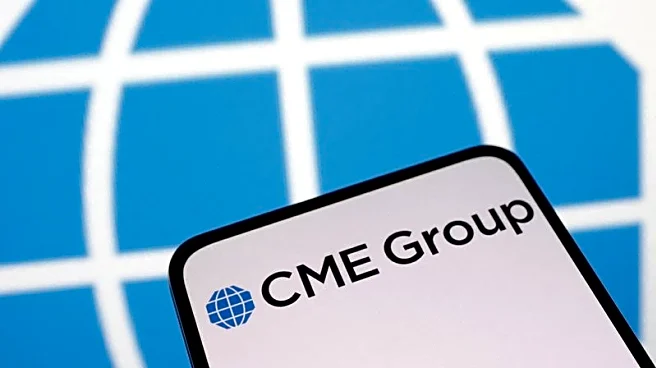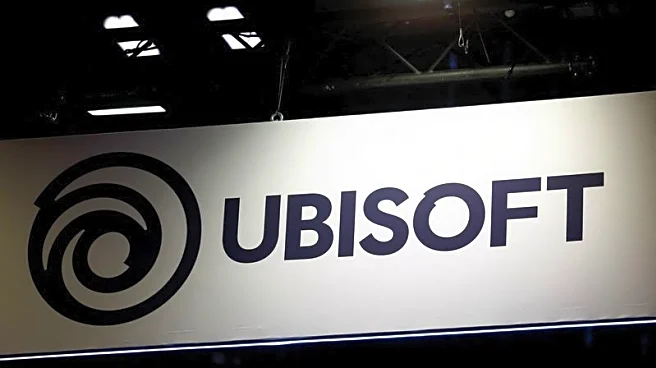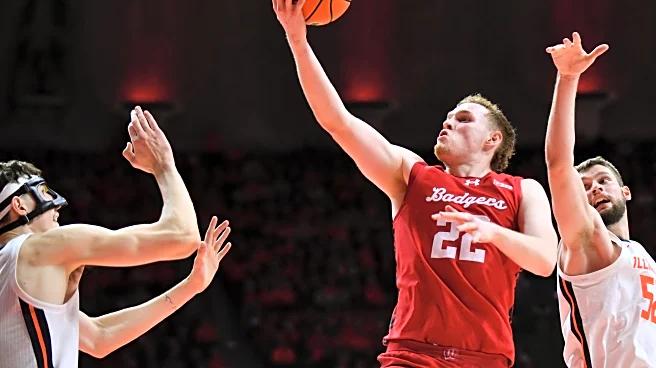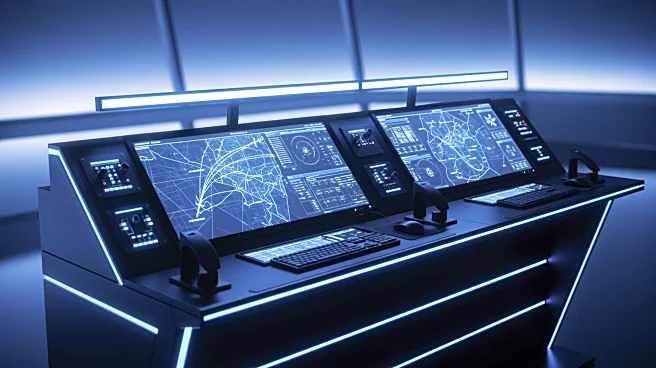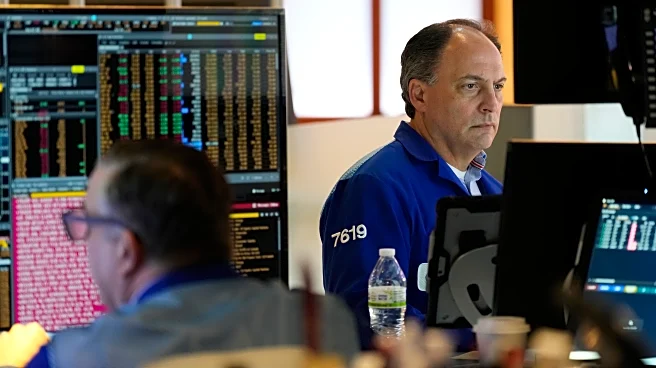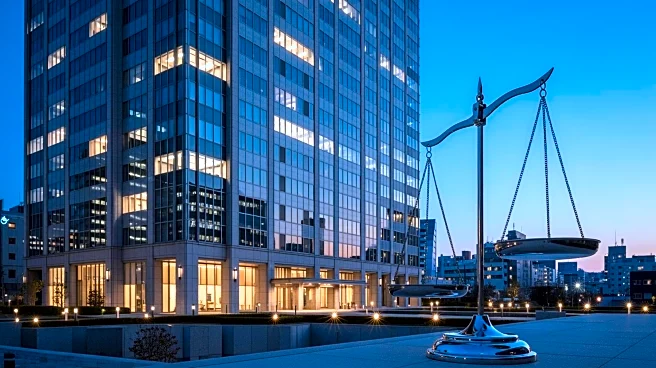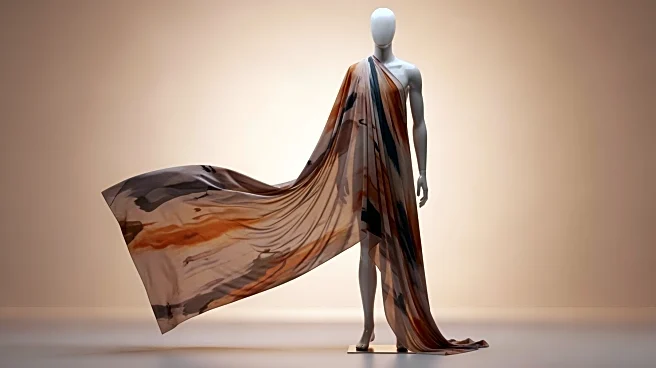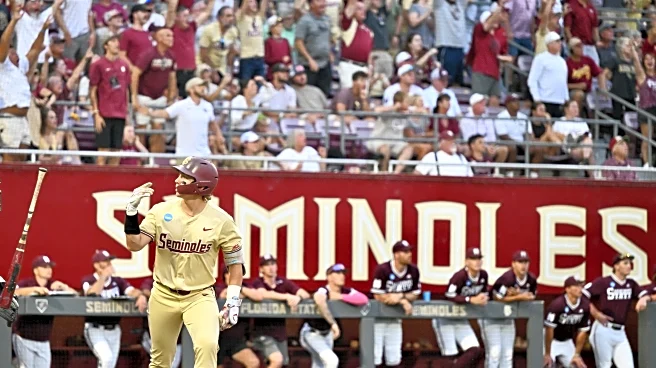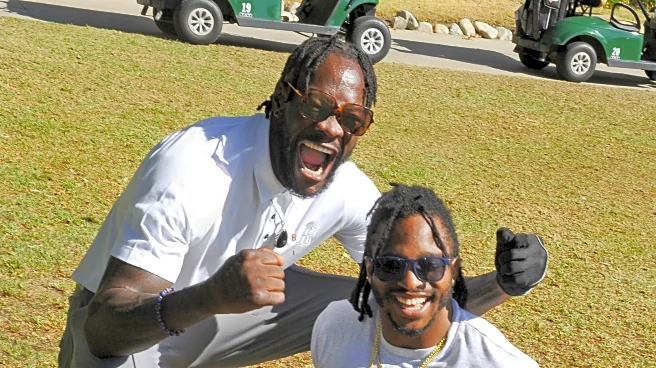By Alistair Smout
MUMBAI (Reuters) -British Prime Minister Keir Starmer said he wanted a trade deal with India to be implemented as soon as "humanly possible" as he began a two-day visit on Wednesday, joined by more than a hundred leaders from the business, culture and university sectors.
Britain and India signed a free trade agreement in July during a visit by Indian Prime Minister Narendra Modi, sealing a deal to cut tariffs on goods from textiles to whisky and cars, and allow more market access
for businesses.
Talks on the trade pact were concluded in May after three years of stop-start negotiations, with both sides hastening efforts to clinch a deal in the shadow of tariff turmoil unleashed by U.S. President Donald Trump.
The deal between the world's fifth- and sixth-largest economies aims to increase bilateral trade by a further 25.5 billion pounds ($34 billion) by 2040.
But the government has said that the projections were a floor, not a ceiling, to the ambition of the deal, and the visit with executives from the likes of oil major BP, engine maker Rolls-Royce, telecom firm BT, was aimed at maximising Britain's biggest post-Brexit trade deal.
"It provides huge opportunities," Starmer told the delegates of the trade mission on arrival in Mumbai, adding he had asked his team to implement the deal as "quickly as humanly possible."
"I think the opportunities are already opening up... Our job is to make it easier for you to seize the opportunities."
Starmer will hold bilateral talks with Modi on Thursday. Both sides have said they are looking to ratify the deal and bring it into effect within the next year.
Growth is one of Starmer's key priorities as he tries to reverse his Labour party's slide in the polls, with a November fiscal budget expected to show a tricky fiscal picture.
Shevaun Haviland, Director General of the British Chambers of Commerce business group, said that Starmer should avoid taxing businesses again at the budget, but also drive growth through building ties with countries like India and the Gulf, where trade talks are ongoing.
"We've got partners all over the world, and that should be our role," she told reporters, adding that Britain could seek free trade deals while also dealing with fallout from a global trade war and negotiating to lower U.S. tariffs, saying "I think that the government is big enough to do both."
(Reporting by Alistair Smout; Editing by Nia Williams and Hugh Lawson)
